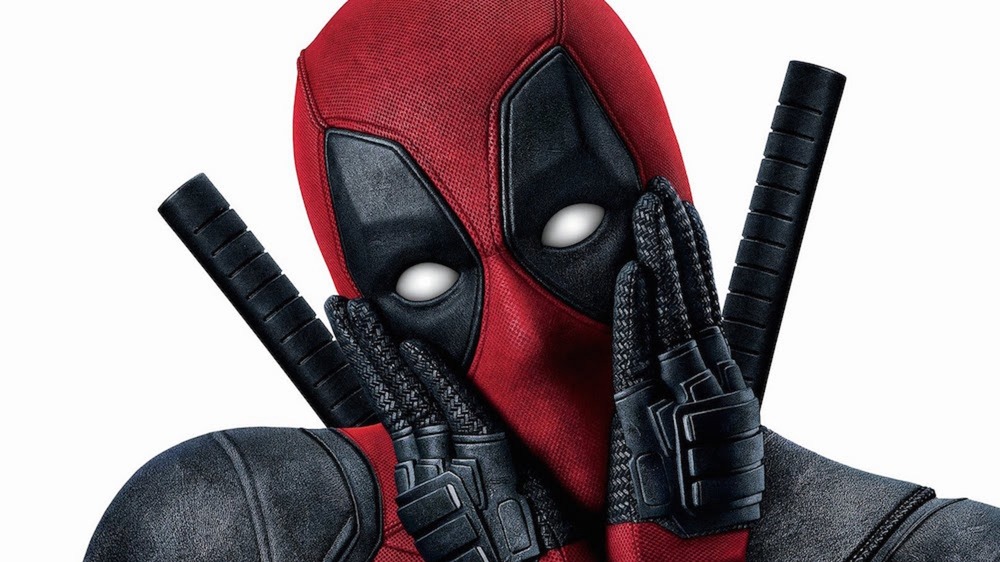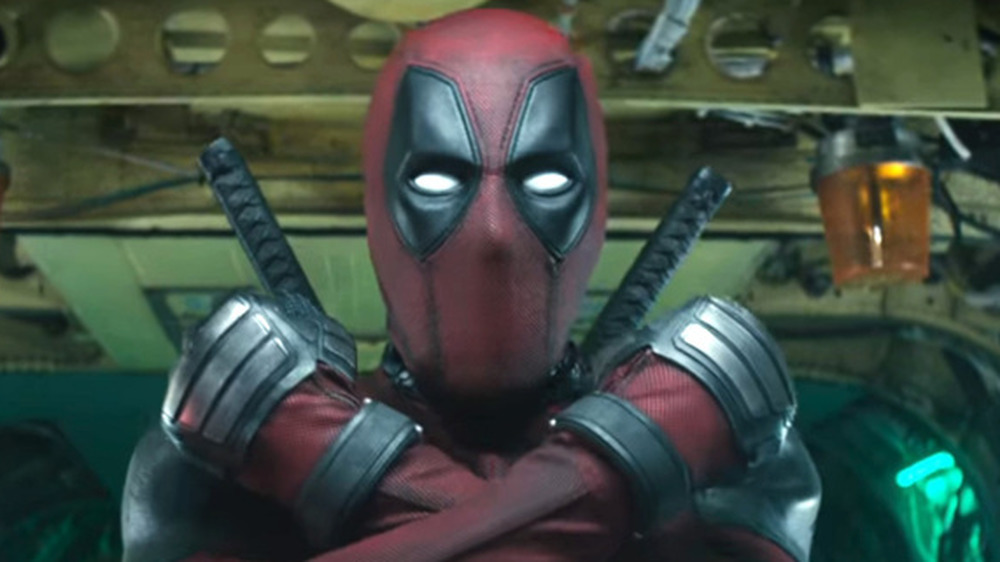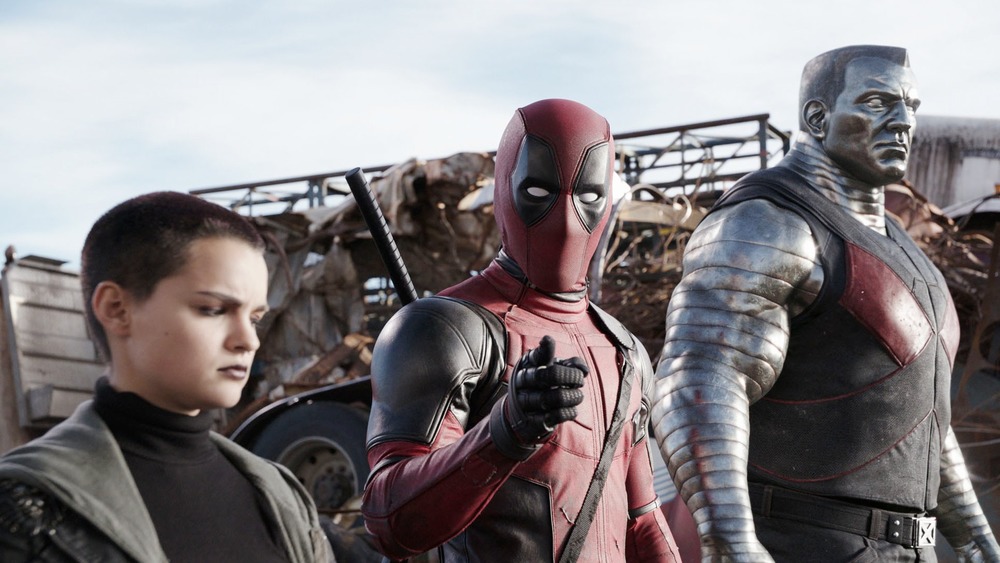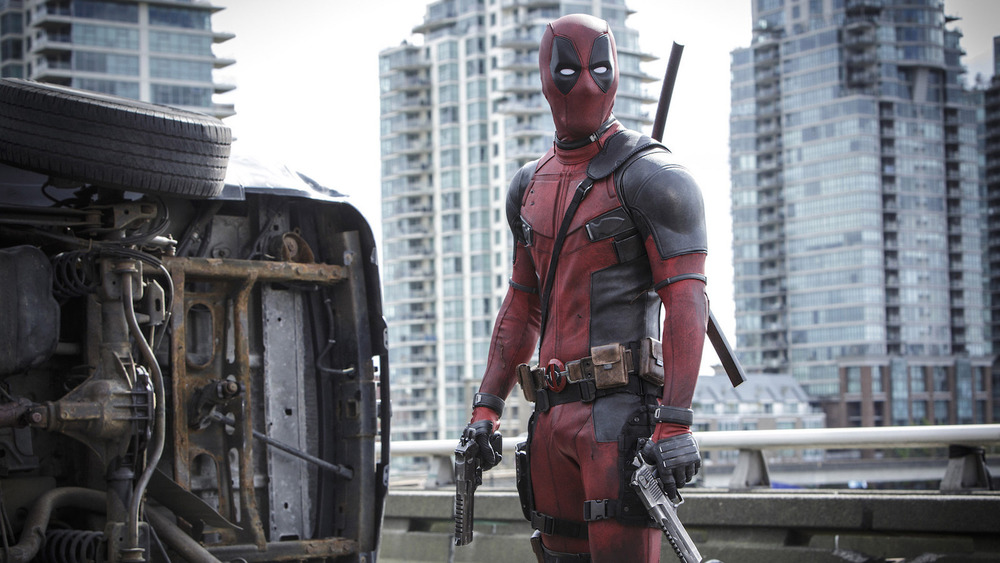The Ending Of Deadpool Explained
Deadpool changed superhero movies when it was first released in 2016. Prior to its release, the family-friendly content of the Marvel Cinematic Universe had set a gold standard for the genre's success. Superhero movies had to be safe for all ages for them to be commercially viable.
Deadpool gave that idea an unceremonious kick out the door by telling an R-rated story with morally gray characters and the raunchiest of jokes. It wasn't a coincidence, either. The movie's dialogue includes several references to other movies based on Marvel's comic book characters. Likewise, Deadpool takes every opportunity to break the fourth wall and let fans know that everything the filmmakers are doing is intentional.
However, none of those elements distracted the movie from telling a cohesive story or having relatable characters. In its conclusion, the ending utilizes its self-referential, edgy qualities to tell a strong story that defied expectations and satisfied audiences worldwide. In fact, it was so satisfying that, as Business Insider reported, Deadpool grossed more than both Captain America and Thor while having a much smaller budget.
How the ending makes Deadpool's story work
Despite the fact that most people would probably regard Wade Wilson as a dangerous psychopath, his tale has a sympathetic quality with a satisfying ending. His character struggles and overcomes trials that make audiences root for him. In the end, he becomes a better person as a result of his journey.
At its core, Wade Wilson's story is about learning to ask for help. When the going gets tough, Wade Wilson runs away. This first happens when Wade abandons his girlfriend to pursue a dangerously experimental cancer treatment alone. The process gives him superhuman healing powers, but it also leaves him horribly deformed. He continues his cowardly ways by refusing to confront her while looking like a human meatball. Instead, he sets off on a solo mission to find the jerk who mutilated him and cure his deformities.
Wade eventually finds the jerk in question, another superhuman by the name of Ajax. Unfortunately, he endangers his girlfriend in the process. Wade does manage to save Vanessa after killing Ajax in an epic battle on top of a suspiciously familiar heli-carrier. However, he soon learns that she became homeless and destitute after his departure. Wade is forced to confront his mistakes and learns that having problems doesn't mean he needs to solve them alone. Luckily, he's a strong enough apologizer to win Vanessa back despite abandoning her.
Teamwork is the name of the game
Wade's apology at the end shows that the core theme of Deadpool is teamwork. After all, every time Wade succeeds, it's because someone else helps him. Wade only manages to save Vanessa thanks to the help of other characters. Colossus, Negasonic Teenage Warhead, and Vanessa are all instrumental to Wade during the final conflict.
Likewise, Wade's job would be a whole lot harder if he didn't accept help from the movie's minor characters. The inspiration for his whole persona comes from conversations he has with both his best friend and roommate. Without them, Wade's nickname wouldn't be Deadpool and he would've had to fight Ajax in a sweatshirt and jeans instead of a swanky leather combat suit. Heck, he wouldn't even be able to get anywhere if his cab driver friend, played by Karan Soni, wasn't so willing to give up free rides. All of this assistance culminates in the movie's final sequence where Wade eventually triumphs.
All of this works because Deadpool is morally gray
Despite Wade having to learn a wholesome, feel-good lesson to win the day, Deadpool's ending only works because of its edgier qualities. At the film's conclusion, when Wade finally has Ajax at his mercy, Colossus attempts to make an appeal to Wade's humanity. He thinks Wade should do the right thing and spare Ajax. For a moment, it seems like this film isn't going to end on an edgy note at all. That is, until Wade puts a bullet through Ajax's head.
In a 2016 interview, Ryan Reynolds said that the reason he loves Deadpool is that "he ostensibly looks like a superhero, but he's morally flexible in every way."
What makes Deadpool's story appealing is that it acknowledges the absurdity of other superhero films in a relatable way. It's not about being a superhero, it's making fun of them. Not everyone can be as morally righteous as Captain America.
Allowing Deadpool to achieve victory while still being a morally gray character gives audiences something relatable. Like Deadpool, audiences don't need to be perfectly good to achieve their goals, and they know how ridiculous it can be to act overly virtuous. An MCU hero wouldn't put a bullet through their arch-enemy's head, but Deadpool did.



